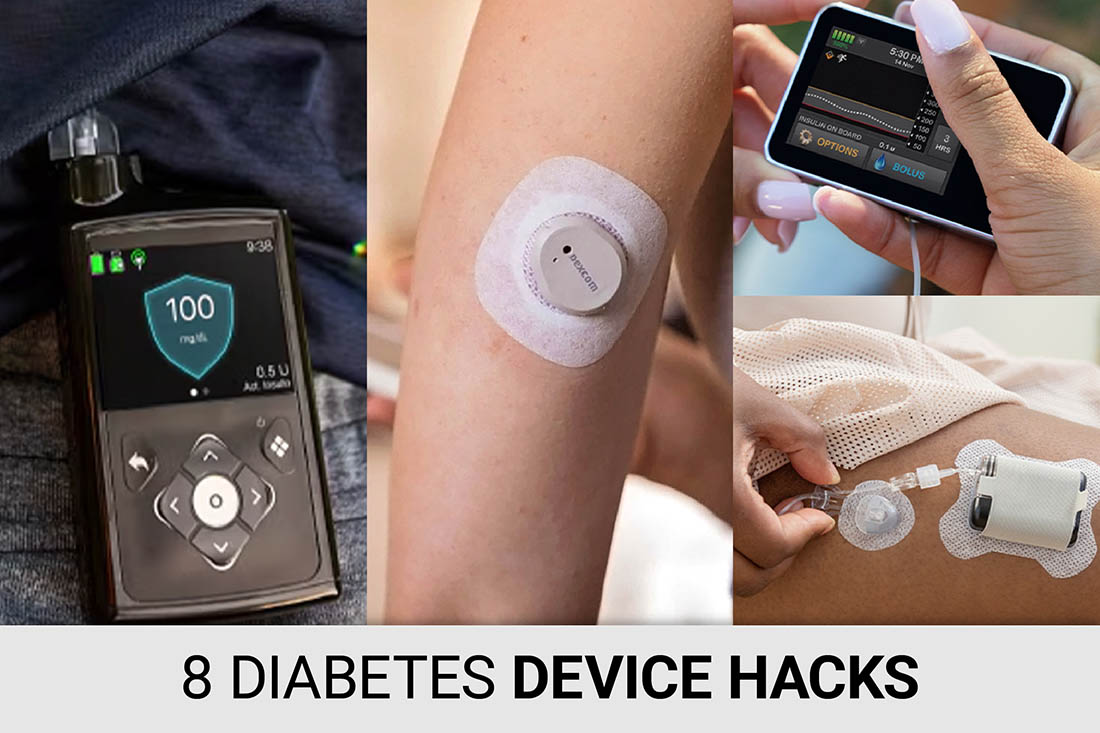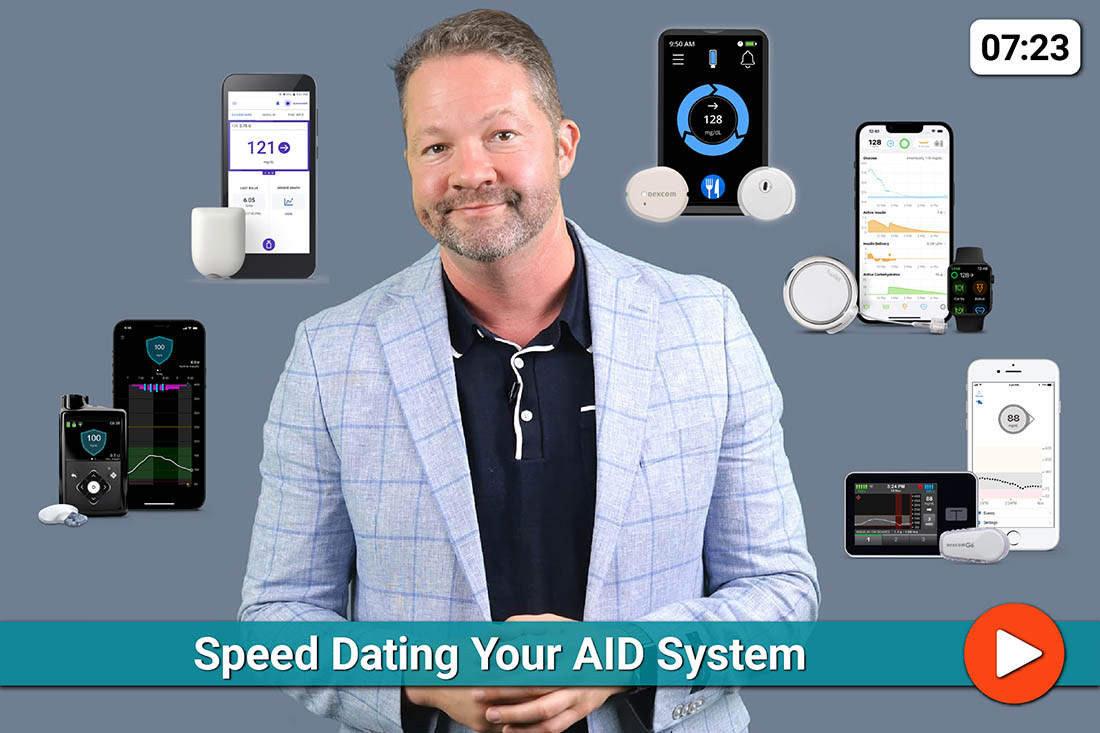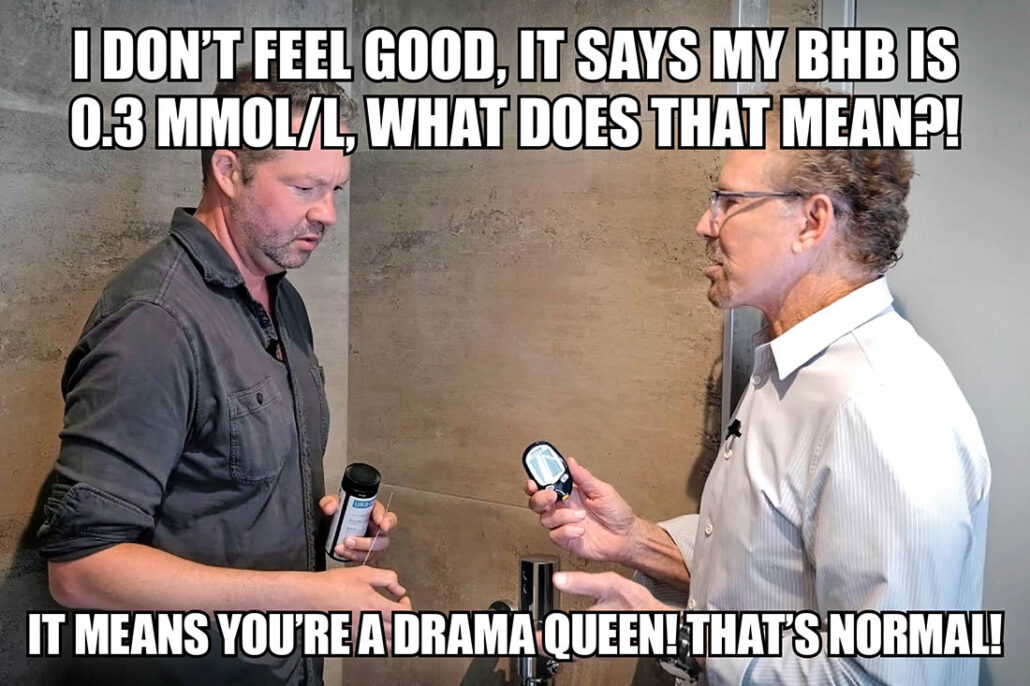TCOYD LIVE
2025 Diabetes Device Updates You Need to Know
APRIL 23, 2025 | 2:30pm PT
(11:30am HT / 3:30pm MT / 4:30pm CT / 5:30pm ET)
2025 Diabetes Device Updates You Need to Know
In This LIVE Session We Cover:
- Advances in CGMs: Extended Wear, New Insulin Pump Integrations
- Hybrid Loop Systems: Fully Automatic & Improved Algorithms for Better Glucose Control
- Dual-hormonal Systems: Insulin & Glucagon
- Continuous Ketone Monitoring: DKA Early Detection
- … and more!
There have been so many recent advancements in diabetes device integrations and algorithms. Here is what you will explore during your next diabetes broadcast:
How are CGMs the backbone of hybrid closed loop systems and how can they help your diabetes control?
Everything you need to know about extended wear time, new devices & recent integrations
Hybrid Closed Loop Systems
The five FDA-approved systems continue to advance with machine learning capabilities that adapt to individual patterns. These systems are approaching true “set it and forget it” functionality that requires minimal user input beyond normal daily activities.
Dual-Hormonal Systems
They represent the next frontier, using both insulin (“the gas pedal”) and glucagon (“the brakes”) to automate blood glucose management. Clinical trials show an impressive 80% Time-in-Range with virtually no input required from users, bringing us closer to a physiological cure.
Continuous Ketone Monitors (CKMs)
They are emerging rapidly, providing critical insights into normal ketone patterns in Type 1 diabetes and enabling early detection of Diabetic Ketoacidosis (DKA). This technology is especially important for people with diabetes using SGLT inhibitors, which may become more widely prescribed as CKM adoption increases.
And most importantly! Learn how YOU can benefit from these updates in the near future!
MEET YOUR FACULTY
*extra-relatable faculty (they're living with type 1)



WANNA KEEP GOING? LEARN MORE WITH US!
8 Diabetes Device Hacks to Help You Stay in Range
Your continuous glucose monitor and hybrid closed-loop insulin pump can do more than you might realize. Whether you’re a super techie or a technophobe, these diabetes device hacks can help improve your time in range and your peace of mind. Knowing some of the tips and tricks to understand how to use the devices to your advantage can make a big difference in improving your time in range and quality of life.
Speed Dating Your Automated Insulin Delivery System
As an endocrinologist living with diabetes himself, Dr. Jeremy Pettus takes a creative approach to exploring insulin pump options – by speed dating them! In this entertaining and informative video, Dr. Pettus sits down with each of the five leading AID systems, giving them a chance to “pitch” their unique features and benefits. The five FDA-approved options (Omnipod 5, Medtronic 780G, iLet, Twiist, and Tandem systems) each offer unique advantages, from tubeless designs to automated meal detection and simplified setup processes.
About the Eversense 365-day Implantable CGM Sensor
Dr. Steve Edelman and Dr. Jeremy Pettus explore the newly FDA-approved Eversense 365-day implantable CGM sensor—a unique addition to diabetes management options. Through this series, you’ll gain valuable insights into the benefits and distinctions between transcutaneous and implantable CGMs, equipping you with the knowledge to guide patients in choosing the best solution for their lifestyle and clinical needs.










Subject: Request for Guidance on Understanding Dexcom G7 DataHello
My name is Maria, and I reside in San Francisco, California. I am currently managing my diabetes with the help of the Dexcom G7, which has been very useful in tracking my glucose levels.As I am still new to this device, I know how to read the basic data displayed on the sensor. However, I find it challenging to understand the detailed data fully that is downloaded from the device, especially as it relates to the sensor’s expiration and extended metrics.I would greatly appreciate it if you could provide some guidance or recommend resources—such as a website or tutorial—that could help me better interpret the data.
Thank you very much for your time and support.
Sincerely,
Maria
California
Hi Maria,
Dr. Edelman suggested you watch this lecture from our ONE conference:
https://www.youtube.com/watch?v=pbsuJohsyfY
This is an older article but has useful info on downloads:
https://tcoyd.org/2019/11/dissecting-cgm-downloads/
You can find some advanced info here in this video for healthcare providers:
https://tcoyd.org/cme-enduring-cgm-data/
If you would like individual coaching, Integrated Diabetes Services is a wonderful organization and they can do virtual appointments:
https://integrateddiabetes.com/
Hope that helps!
Thanks Dr. Edelman. I’m pretty new with Dexcom too & these videos really helped & I learned stuff. Just wanted to say thank you. I’m 60yrs old & was diagnosed with T2 diabetes in May’22 after going into the emergency room with a DKA. Never want to go through that again. Due to the pandemic I never heard my GP say you’re prediabetes & should watch your sugars & come every three months for blood work. I ended up at 511 & my A1C was at 13.0. Very scary & ketones were through the roof. I was in ICU for2 days & 3 days in recovery. So far so good. Working on getting a new endocrinologist.
Wow. Glad you survived! You may want to have your new endocrinologist check you for type 1 diabetes autoantibodies. Here are a few articles with more information on testing and LADA, in case you are positive for type 1:
https://tcoyd.org/2024/07/why-your-type-2-diabetes-diagnosis-might-actually-be-lada/
https://tcoyd.org/type-1-diabetes-screening-guide/
https://tcoyd.org/2024/11/what-to-do-if-you-test-positive-for-type-1-diabetes-autoantibodies/
Thanks for the note, and stay well!